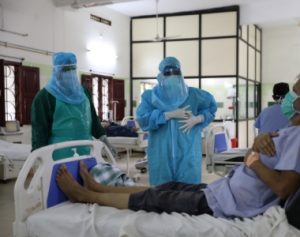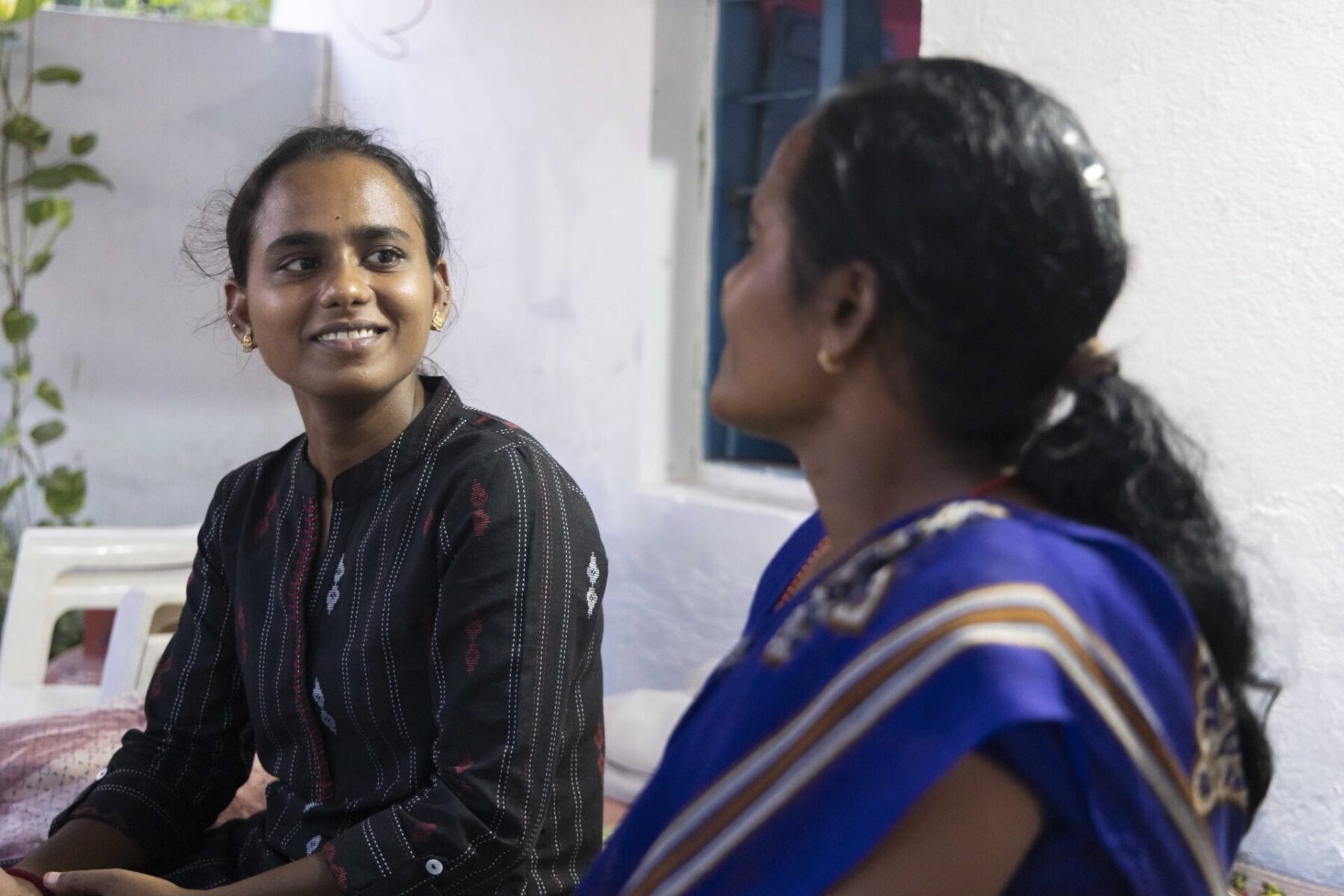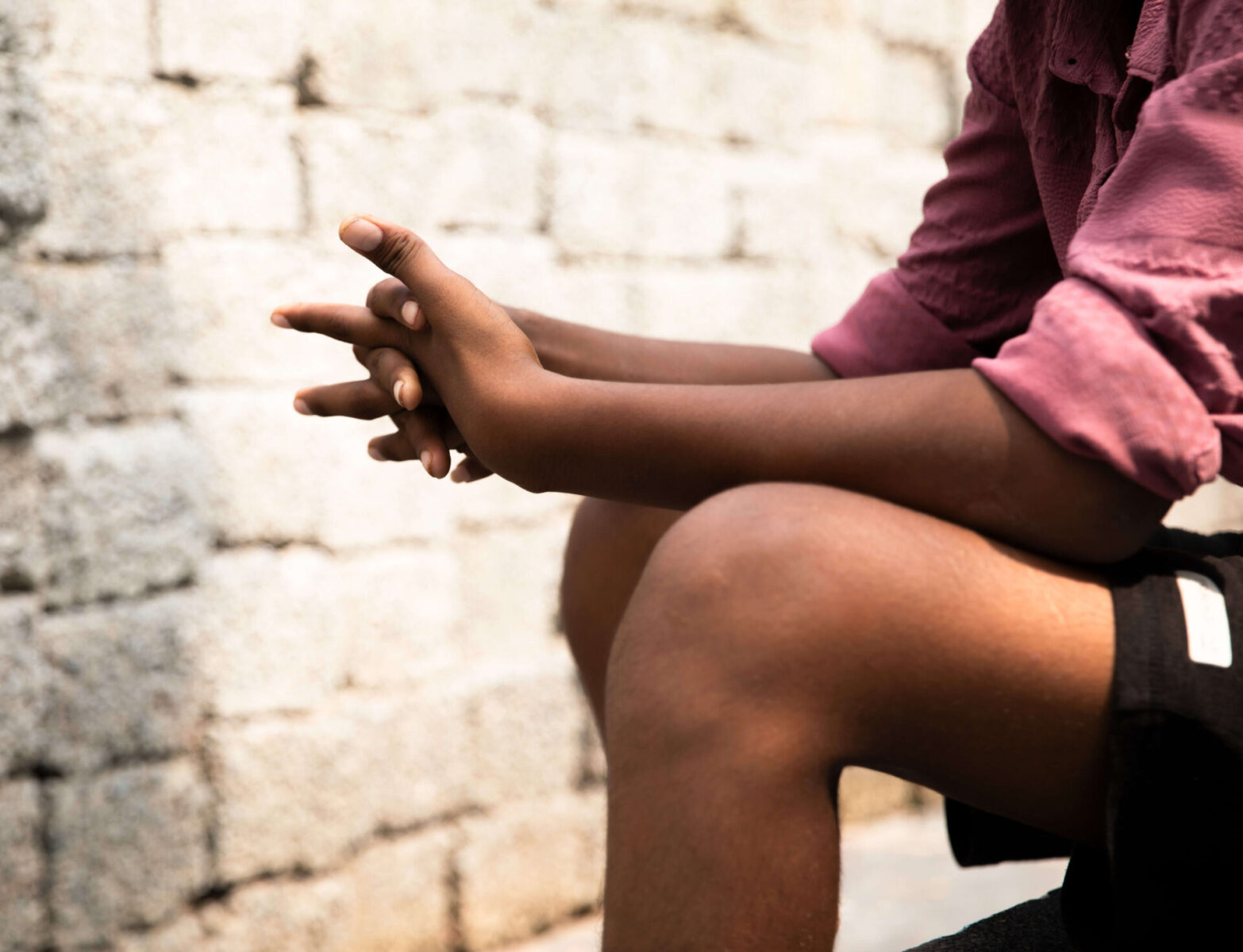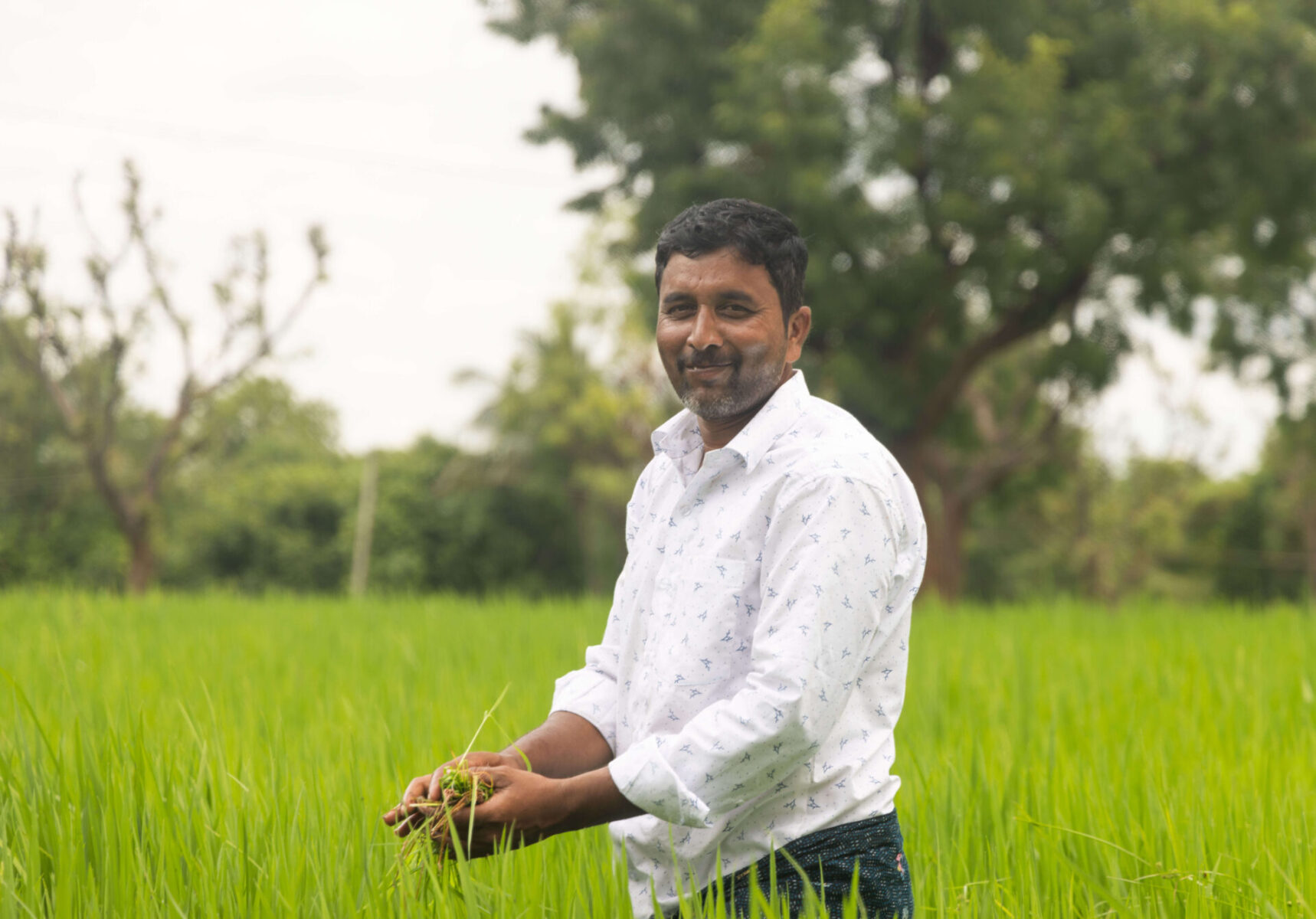The novel coronavirus poses various challenges to medical professionals all over the world, including those at RDT Hospital in Bathalapalli which since 16th April is working exclusively on COVID-19. Dr. Praveen Kumar is the Director of this hospital and together with the medical and support staff is working on the most optimum ways to provide healthcare to patients suffering from a disease that has no cure so far.
Here, he talks about the challenges that the hospital faced in the beginning when it started treating COVID-19 patients, the rise in the severity of the cases over the time, the hospital capacity and the increasing stress on healthcare workers.

Would you explain about the preparation of turning RDT Hospital in Bathalapalli into a COVID-19 Healthcare Centre?
In March, we set up triage points in the premises of the RDT hospitals in Bathalapalli, Kalyandurg, Kanekal and started informing the public about the new measures. People, especially those showing symptoms were assisted to contact government helplines. From April 16th onwards, RDT Hospital became an exclusive COVID-19 centre.
We conducted training with the medical team as well as the support staff on various aspects including how to wear and remove the protective gears safely. We also received continuous inputs from our counterparts in Spain where then cases were surging and we had fewer cases here in India. We could learn from their experience.

How is the situation now? What is the current capacity of the hospital?
While in the beginning we received asymptomatic (showing no symptoms) or mild cases, since the first week of May, we started receiving more severe cases. As of now we have 125 beds which are divided into different wards according to the severity. Within a week we will be finishing the arrangements to increase this number to 160 beds, all with oxygen supply. We also have 5 beds in the Intensive care Unit (ICU).
Due to a surge in asymptomatic and mild cases, on 17th June we prepared 200 beds in the RDT Nursing Hostel for mild cases and those who are awaiting their test results to be discharged so that more severe cases can be treated in the hospital. We are planning and strategising about the ways we can increase and enhance our capacities to meet the growing need.
What were the challenges you and the team face earlier and are currently facing while working at the frontline?
When RDT Hospital, Bathalapalli was declared as a COVID-19 centre, all of the staff were nervous, few resigned and many didn’t turn up for work. In some cases, the neighbours and people in the villages started threatening them to not come back after work and even with eviction. We were working with few staff for the entire hospital for the first four weeks which was tough.
This is when we involved the RDT field staff as also the government employees to spread awareness in the villages. It is important to bust myths and spread the right information so that people don’t let their fear turn into hostility.
The work is tiring and time consuming especially with the PPE kits. During April and May, the heat was unbearable and the medical staff are required to wear the PPE for 2 to 3 hours during which they can’t eat or take restroom breaks.
The challenge is that nobody knows when this all will end. There will be a surge in cases in India for the next 2-4 months. Since we started treated COVID-19 patients, the severity of the cases has increased with each passing month. This is going to affect the healthcare workers, not just physically but also emotionally and mentally. So we hold regular meetings with all to discuss and share our worries.

In what ways is the government supporting the hospital?
The support we have been receiving is good. We are constantly in touch with the district and state health authorities. The Command Control Room of the government is doing a good job of monitoring the situation in the administration and healthcare. Things can always be improved but they are doing their best.

Has there been a change in the attitude of the staff over the last two months?
Just like the general public, even among the medical and support staff, there has been a lot of unlearning and relearning over the last two months. We conduct regular trainings and meetings to discuss and share information about what is working, the changing protocols, strategy, etc.
Compared to the initial anxiety, now the doctors and especially the nurses and support staff are much more confident working with the patients and in the wards. Everyone is aware that if we follow the protective measures in the right manner, we can be safe.
Support us to provide quality healthcare to COVID-19 patients especially from rural areas. To donate to our ongoing COVID-19 response, please click here
Text: Felita Viegas







